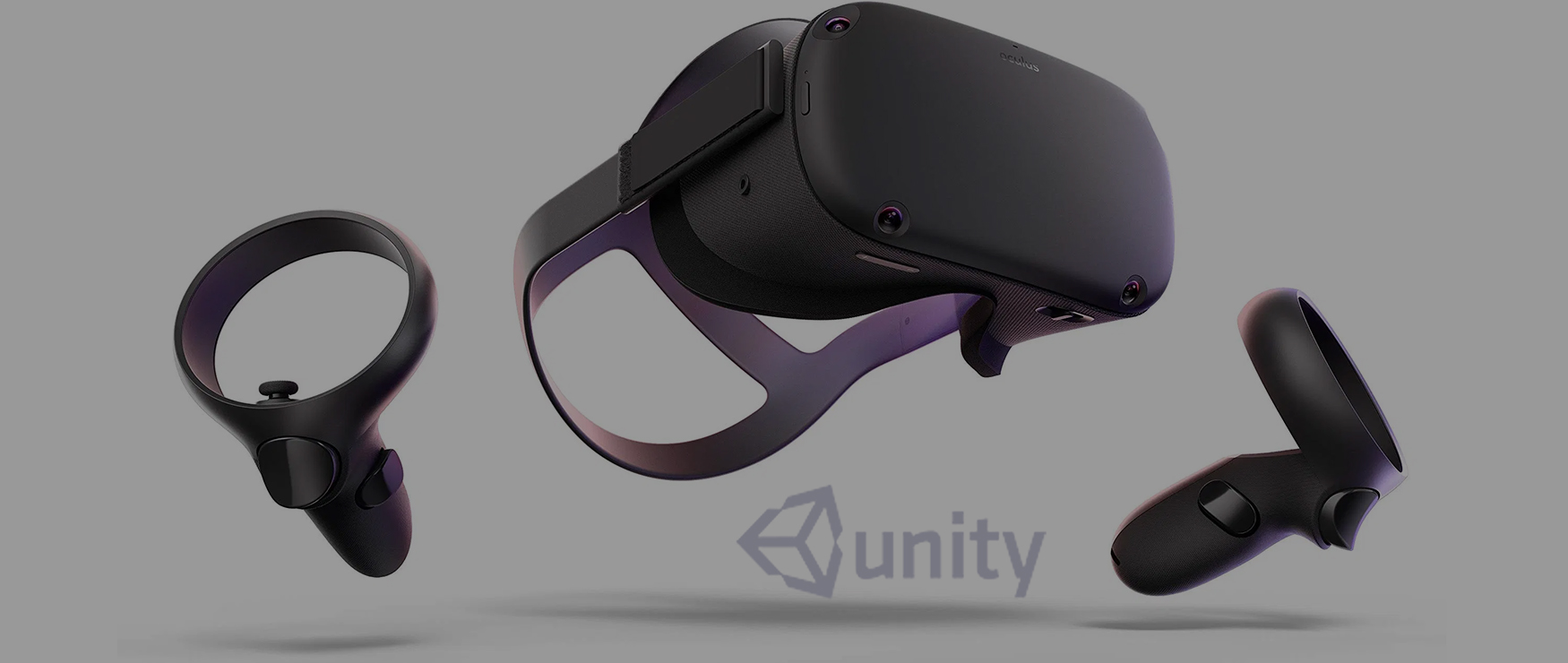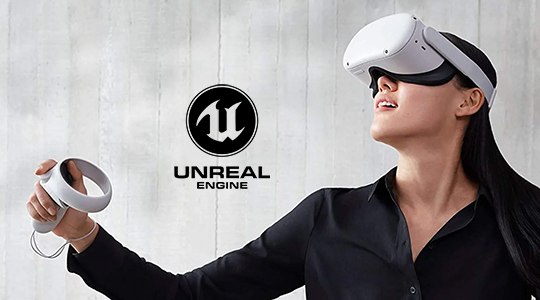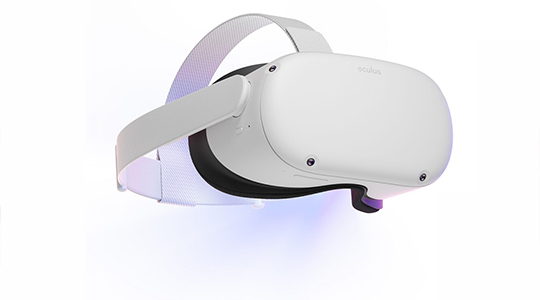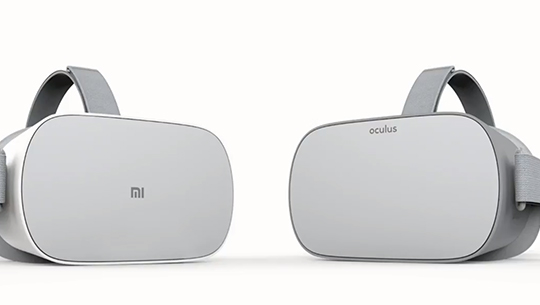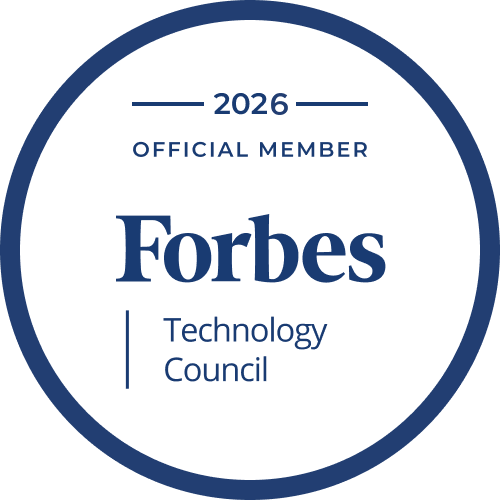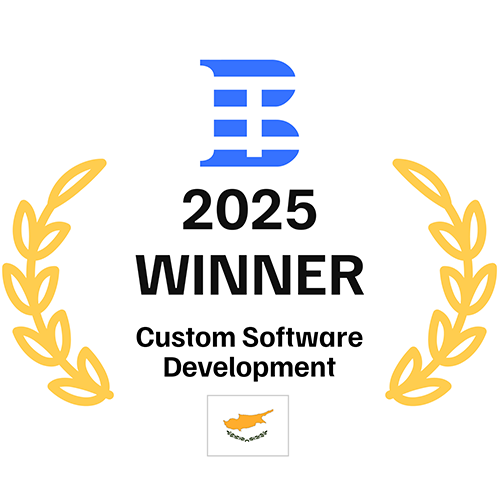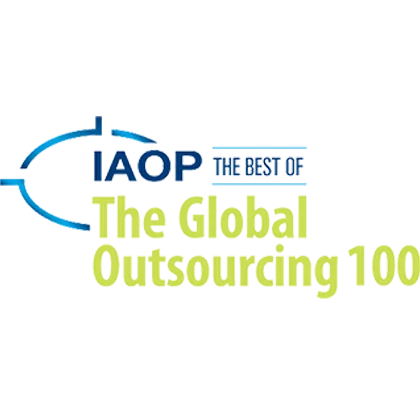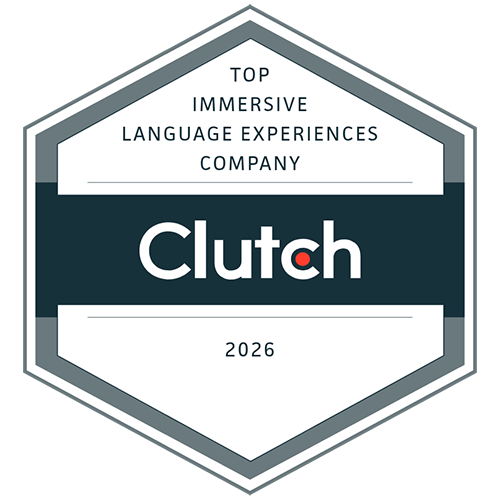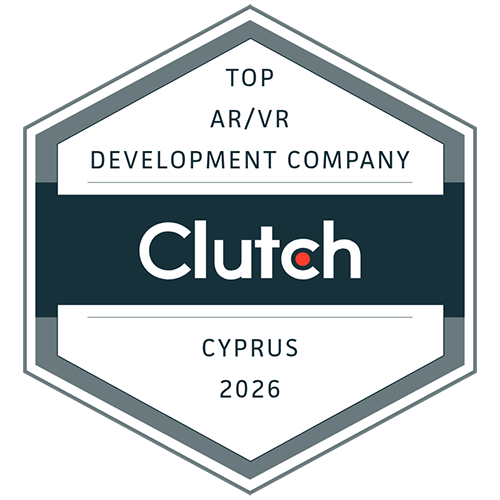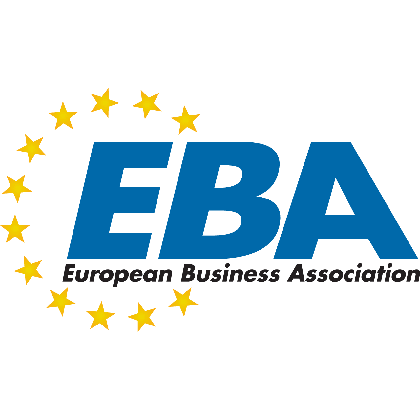Some time ago, the virtual reality concept was only mentioned in sci-fi literature and sounded fantastic to an average person. Nowadays, people worldwide are actively using this technology in various industries. Thus, building a VR solution for your company is only a matter of time.
Once you decide to improve your business by engaging in virtual reality, it’s crucial to do this most effectively, choosing the proper hardware and software for development. While there are dozens of options to pick from, we recommend you start exploring the most popular and practical one — building an app with Unity development services for Oculus headsets.
So, let’s delve deeper into the Oculus and the Unity development guide, focusing on the features and strengths of these resources in particular projects.
VR App Development with Unity for Oculus: When to Choose
Oculus headsets are one of the universal VR hardware that can be used for various purposes, from entertainment to business tasks. At the same time, Unity is a well-known solution for the creation and operation of 3D experiences. So, let’s take a closer look at the type of projects for which app development in Unity for Oculus equipment would be the right fit.
VR Training
Corporate training is an integral event for any enterprise, as employees must be aware of essential rules (safety, corporate behavior, etc.) as well as trained workplace duties for better performance. However, preparing and conducting valuable and practical training takes too many resources.
Simply imagine that it’s necessary to hire experienced instructors, distract all the workers from the workflow, as well as purchase all the proper equipment and scenery to make these sessions useful. Unlike this outdated option, VR training offers an individual immersive experience.Custom software puts users into a surrounding that simulates a workplace environment and leads them throughout scenarios they need to be ready for. Thus, workers can train any time they are free with the help of a digital instructor.
Virtual Tours
Impressive and detailed presentations are integral in industries like architecture and real estate. In demonstrating designs of future buildings as well as the exterior and interior of a property for sale/rent, static 2D visualizations aren’t enough to engage clients these days. Hence, interactive VR tours are full of opportunities allowing users to attend architectural objects that don’t exist yet and explore buildings, constructions, and apartments in detail without needing physical presence. This way, companies level up their services and, as a result, draw more clients to a business.
Engineering and Manufacturing
Even though in industries like entertainment and education, VR is used the most, the solution provides much more opportunities than playing games and learning in a virtual class. For instance, engineers, constructors, and manufacturers of advanced enterprises use VR for more effective prototyping and cooperation.
Specialists design 3D products and complex projects in a virtual environment. Moreover, they can test designed models and make necessary changes depending on the result and expectations. Thus, VR solutions can save material costs and time spent while creating more illustrative project layouts.
Game Development

Virtual reality technology is widely used for gaming and is only gaining popularity. The global VR gaming market is projected to grow from $7.92bn in 2021 to $53.44bn in 2028 at a CAGR of 31.4% in the forecast period. And there’s no surprise, as it’s fantastic to become a part of a game immersing yourself in a virtual 3D environment.
Since Unity is one of the most famous and multifunctional platforms for cross-platform game development, it’s often used for VR gaming project creation. The capabilities of this gaming engine allow specialists to develop Unity games for Oculus performing advanced 3D modeling, animation, level design, game testing, working on the back end, monetization implementation, and other vital processes.
E-commerce Solutions
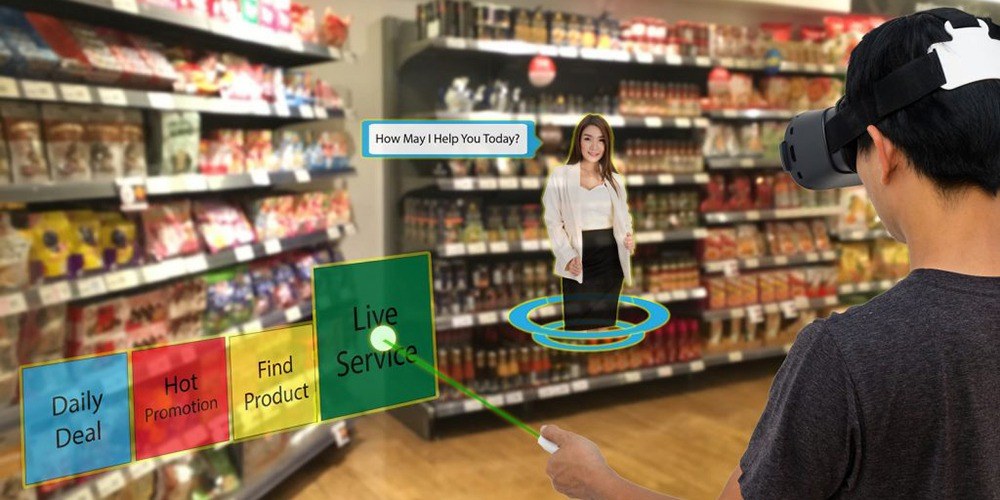
VR shopping in the metaverse and other platforms is hitting the ground running, opening new opportunities to present products more attractively and draw a new audience to a business. Customers who don’t like online shopping due to incomplete experience can now get an ultimate one in virtual reality. Most VR shops allow their clients to explore products from any angle, try on clothes, and even get a consultation from a virtual manager.
The Advantages of Unity for Oculus Development
Of course, Unity isn’t the only platform for developing immersive solutions. For example, there’s a constant battle of Unity vs. Unreal Engine in choosing the proper software for various projects. However, Unity has specific strengths that are a key factor for many companies to pick it.
- All-in-one solution. Although Unity is a game engine in the first place, this multifunctional platform is suitable for app development of various types. The developers of VR solutions use specialized tools to create 3D content, animate it, do the coding, test the performance, etc. In addition, the primary programming language, C#, makes the development process more manageable.
- Wide documentation base. The platform provides helpful documentation and guides for more efficient interaction with the Unity ecosystem. Moreover, developers can find an ultimate guide on VR app development with Unity for Oculus at an open source — Oculus company’s website.
- It can be used for free. Unity has different plans and pricing, and if you aren’t going to work on a large-scale commercial project, you can use it for free. However, even if you have big plans for your future app or game, it would be more cost-effective to hire a dedicated team from a professional company as they usually already have a pro subscription in Unity and other resources.
Discover How the Unity- & Oculus-based VR Solution Is Used for Brand Promotion

The Program-Ace team has developed a remarkable VR solution for Mirinda, a famous beverage brand. Compatible with Oculus Rift, the VR app offers its users an incredible roller-coaster adventure — collecting Mirinda cans while having fun.
How to Develop VR Software for Oculus with Unity
The essence of application development for Oculus headsets is relatively straightforward. In fact, you can use a public tutorial describing all the basic steps of creating an app with Unity for Oculus. However, there are differences between Oculus headset models, which give distinct development capabilities. Let’s explore the 3 popular models for app development.
Oculus Rift Unity Development
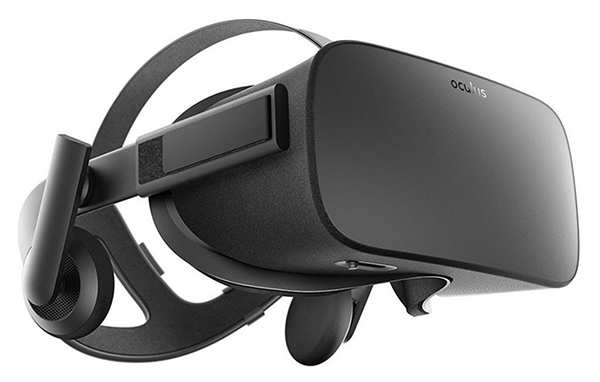
Even though the history of Oculus didn’t start with the Rift model, it became the first product released under Facebook parenting. This headset was launched in 2016 and quickly became a one-of-a-kind VR solution.
The ability to connect it to powerful PCs is one of the main reasons people still keep this model in mind for app development. However, this device is outdated and isn’t available for sale from official retailers anymore. Now, the function of broadcasting users’ VR experience onto screens is successfully fulfilled by Oculus Quest 2.
Oculus Quest Unity Development
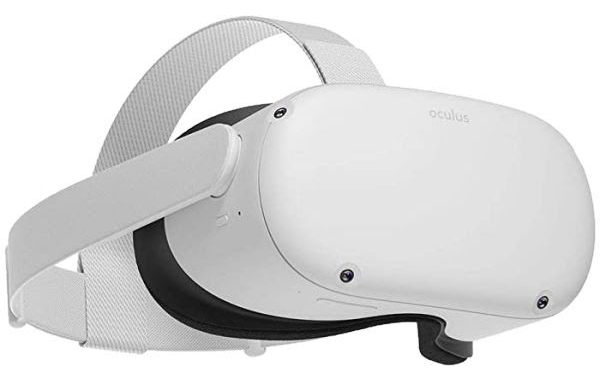
Oculus Quest is one of the most famous models among other Oculus devices and brands. Its upgraded version, Quest 2, has reached almost every list of the top VR devices for entertainment as well as for business purposes.
With Unity Oculus Quest development, you can expect an ultimate experience for a reasonable price. The model offers a helmet with VR glasses and in-built dynamics, hand controllers to transfer real-world movement into a virtual one, and many other features for easy and safe use. Thus, you’ll be able to create an app for complete immersion and extended capabilities for training, VR tours, exciting gaming, and more.
Oculus Go Unity Development
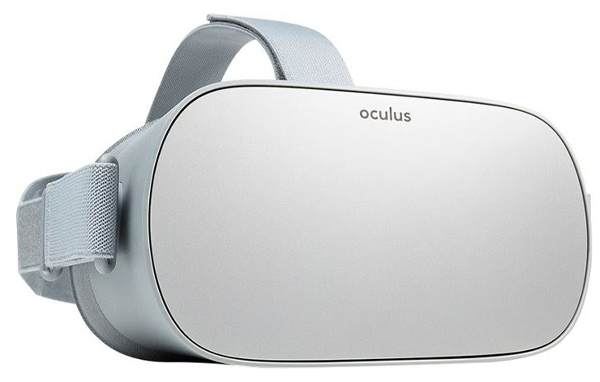
In developing apps for Oculus Go, you can expect high performance and decent graphics level, but there’s a movement limitation that must be taken into account. The thing is, the Go model is designed to have a steady VR experience on the go. It means no hand and body movement tracking and no ability to transfer real-world user actions into virtual ones.
Instead, eye-tracking allows Oculus Go users to interact with objects in a virtual world with glances. Thus, you can travel by car/train/airplane and use the VR helmet with in-built dynamics to watch media, play games, and even educate, all in the seated/lying position. This makes the model a great solution in narrow situations, but the experience it provides isn’t complete.
Build an Outstanding VR App in Unity with Program-Ace
Whether you are a leader of an advanced VR development company or have little experience with this technology, a partnership with virtual reality specialists can come in handy for anyone.
For example, you can outsource the project to the Program-Ace company if you have investments but no expertise. At the same time, your VR development team may not handle the volume of work or lack particular specialists. Then, we are ready to dedicate our best Oculus developers for Unity (or another platform) to fulfill your performance needs.
Make one simple step to get your project started — contact us to let us know how our specialists can be helpful.
